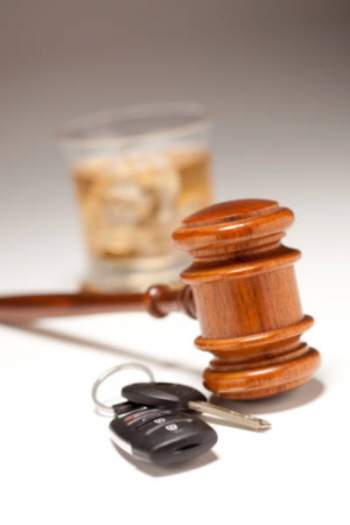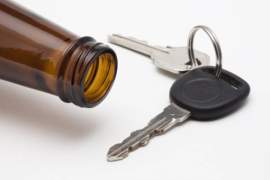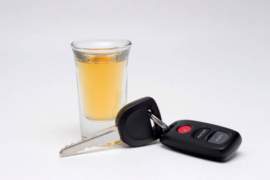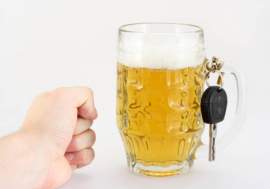
DUI Misdemeanor Explained

Must Read
DUI misdemeanor charges
A DUI misdemeanor charge represents an occurrence of the U.S. legal system presenting a claim as to the performance of an illegal act of operation of a motor vehicle under the impairing influence of alcohol and the consequential grounds for the application of legal penalties.
DUI misdemeanor charges represent just one of the potential legal options through which the prosecution of a drunk driver could be transacted, and are relatively less serious than the alternative avenue of DUI felony charges.
Legal consequences of conviction on DUI misdemeanor charges
DUI misdemeanor charges can be used as the basis for various kinds of penalties which might be applied, particularly upon conviction of the defendant facing such claims, toward the end of legal or administrative penalties.
As such, people facing a DUI misdemeanor charge should accordingly be familiar with the mechanisms transacted either by the U.S. prosecutorial and judicial system or by the driver’s license registration and renewal system.
Court’s sentencing mechanisms for DUI misdemeanor charges
A DUI misdemeanor charge could be used as the basis for the defendant being compelled, upon the legal system’s successful conviction of that individual, to serve a term of imprisonment in jail.
More commonly, however, DUI misdemeanor charges can be regarded, in comparison to the felony-level DUI cases, as holding the potential of compelling the payment, again on the part of the defendant if conviction takes place under law, of fines as called for by the U.S. legal system or adjusted in specific relation to the particular case. Contact a DUI lawyer to review your case.
DMV functions for DUI misdemeanors
The applicable Department of Motor Vehicles (DMV) should also be expected to necessarily become involved in cases involving the application of DUI misdemeanor charges, as is typically considered one of the basic responsibilities for a government agency of this kind.
The DMV is generally considered a state-level agency, and can accordingly provide a means for involvement by the overall administrative system of the state even in the event of a more locally located DUI misdemeanor case. The main options for the DMV in such cases can be considered as comprising driver’s license revocation or suspension directed toward the particular defendant facing DUI misdemeanor charges.
Alleviating DUI misdemeanor sentencing mechanisms
People who are convicted of having committed DUI misdemeanor offenses and are accordingly faced with either or both of the sentencing mechanisms referred to above, through court or administrative functions, might possibly lower their penalties through taking courses in alcohol education or enrolling in Alcoholics Anonymous (A.A.) support groups.
The successful completion of either of these programs, as required either by the court system or DMV agency, could accordingly furnish a means for avoiding or lessening jail terms or fines. Such options for convicted DUI misdemeanor offenders are generally more applicable than for convicted DUI felony offenders.
DUI/DWI misdemeanor distinction
A DUI misdemeanor charge, though less serious than DUI felonies, might be considered more serious than the option of a DWI misdemeanor charge, as refers to the occurrence of “driving while intoxicated.”


















